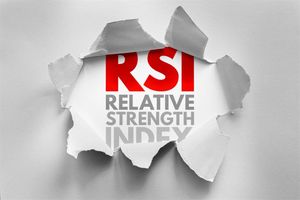Financial News
More News
View More
3 Under-the-Radar AI Stocks to Buy on the Dip ↗
November 15, 2025
MarketBeat Week in Review – 11/10 - 11/14 ↗
November 15, 2025
Are These 3 Oversold Tech Giants Ready to Rebound? ↗
November 14, 2025
Recent Quotes
View More
Stock Quote API & Stock News API supplied by www.cloudquote.io
Quotes delayed at least 20 minutes.
By accessing this page, you agree to the Privacy Policy and Terms Of Service.
Quotes delayed at least 20 minutes.
By accessing this page, you agree to the Privacy Policy and Terms Of Service.
© 2025 FinancialContent. All rights reserved.









